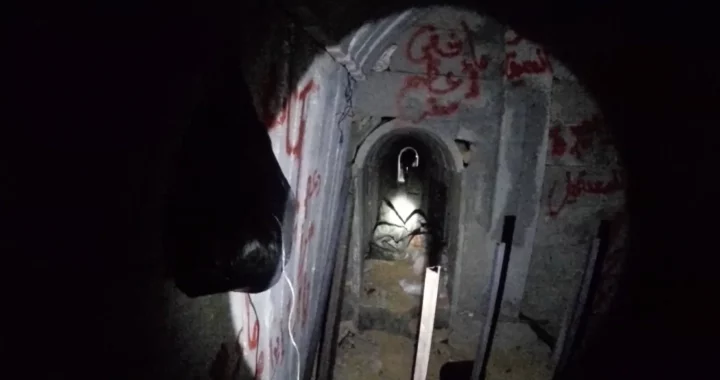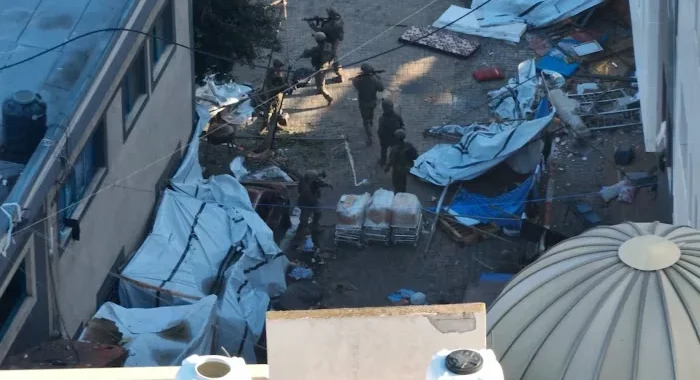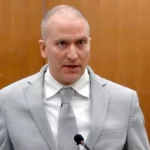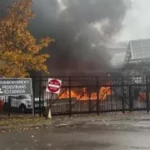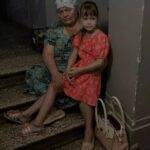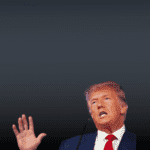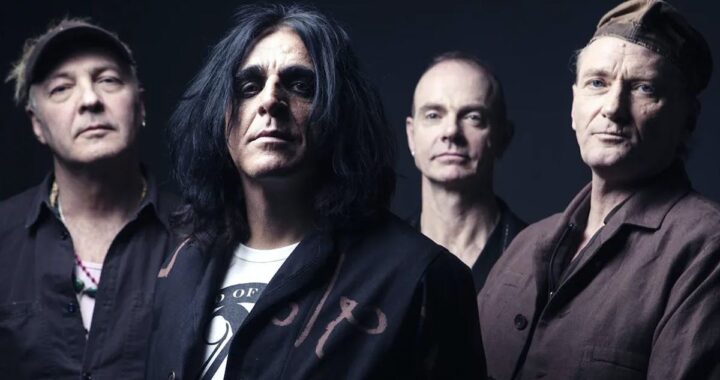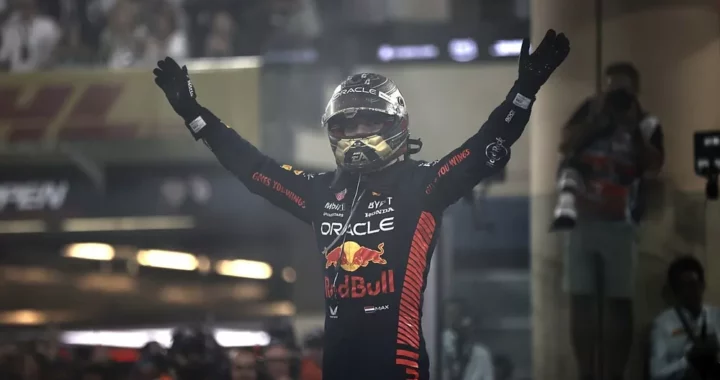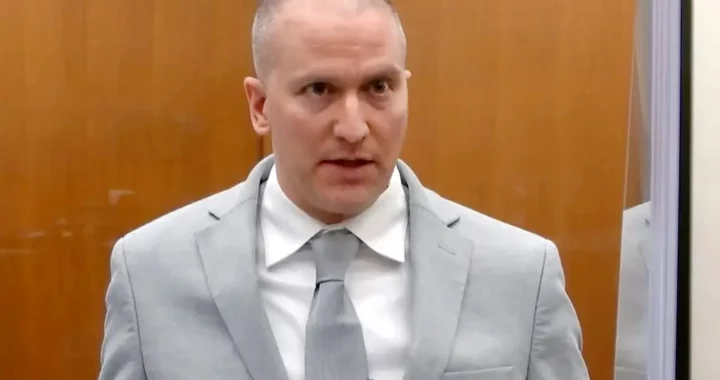President Ali Bongo is imprisoned when a military coup is declared in Gabon.
In the heart of oil-producing Gabon, a group of military officers has taken control, plunging the nation into a period of uncertainty and change.
The officers, identifying themselves as representatives of the armed forces, announced their power seizure on Gabon 24, a local television channel. This bold move follows a contentious election that had the Central African nation on edge.
The officers’ actions were decisive: they declared the recent election results null and void, closed the borders, and dissolved state institutions. This came as a response to the announcement by the country’s election body that President Ali Bongo had secured a third term in office. The election itself was marked by tension and controversy, as it potentially extended the Bongo family’s decades-long rule over Gabon.
In a televised address that gripped the nation, the officers underscored their authority and intentions. They swiftly convened a meeting of generals to deliberate on the transition of power. Through a unanimous vote, they designated General Brice Oligui Nguema, a former head of the presidential guard, to lead the transition. The news of this selection reached the public through another televised statement.
President Ali Bongo’s predicament took an abrupt turn. From his residence, where he had been detained and placed under house arrest, he released a video message. In it, he appealed to foreign allies, urging them to advocate on behalf of his family and himself. He expressed his bewilderment about the rapidly unfolding events.
Just a short while earlier, the situation had seemed vastly different. In the early hours of the same day, the electoral commission had declared President Bongo the victor of the contested election held on Saturday. This announcement prompted hundreds of jubilant citizens to take to the streets of Libreville, the capital, celebrating what they saw as a promising outcome.
International responses to these events varied widely. While many Gabonese embraced the military’s intervention, global bodies such as the United Nations, the African Union, and France, the nation’s former colonial ruler which maintains a military presence there, denounced the seizure of power.
This development is part of a broader trend that has been unfolding in West and Central Africa since 2020. It’s the eighth military takeover in the region during this period, the most recent one prior to Gabon being Niger. Countries like Mali, Guinea, Burkina Faso, and Chad have all witnessed similar actions, eroding the democratic progress made since the 1990s. These actions have raised concerns among foreign powers with strategic interests in the region.
One citizen, Jules Lebigui, encapsulated the sentiments of many by expressing his joy at the prospect of change after the Bongo family’s rule of nearly 60 years. Ali Bongo assumed power in 2009 following the passing of his father, Omar, who had governed Gabon since 1967. Critics argue that the Bongo family has not adequately shared the nation’s wealth from oil and mining with its population of 2.3 million.
Tensions had already escalated after President Bongo’s contested victory in the 2016 election, which led to violent protests. In 2019, a coup attempt was thwarted.
The group of military officers that orchestrated the recent power shift referred to themselves as “The Committee of Transition and the Restoration of Institutions.” They asserted that Gabon faced significant crises across multiple domains, including politics, economy, and society. They dismissed the credibility of the August 26 election and claimed to have taken into custody President Bongo’s son, Noureddin Bongo Valentin, and other individuals for charges of corruption and treason.
As the nation and the international community grapple with the aftermath of these events, it remains to be seen how Gabon will navigate this new chapter. The military’s intervention adds another layer of complexity to a region already facing significant challenges. The eyes of the world are on Gabon, as its people and leaders chart a course toward stability and progress in the wake of this surprising coup.
By: M Z Hossain, Editor Sky Buzz Feed

